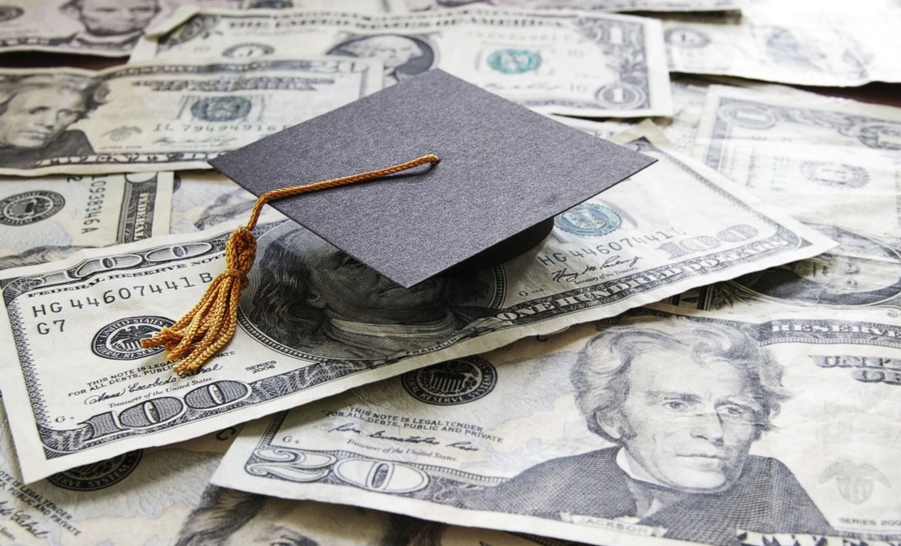Cultural Guides and the Transition from High School to College
This article argues that educational institutions can transmit cultural capital in the form of help-seeking dispositions and specialized knowledge that can positively impact students’ academic outcomes.





